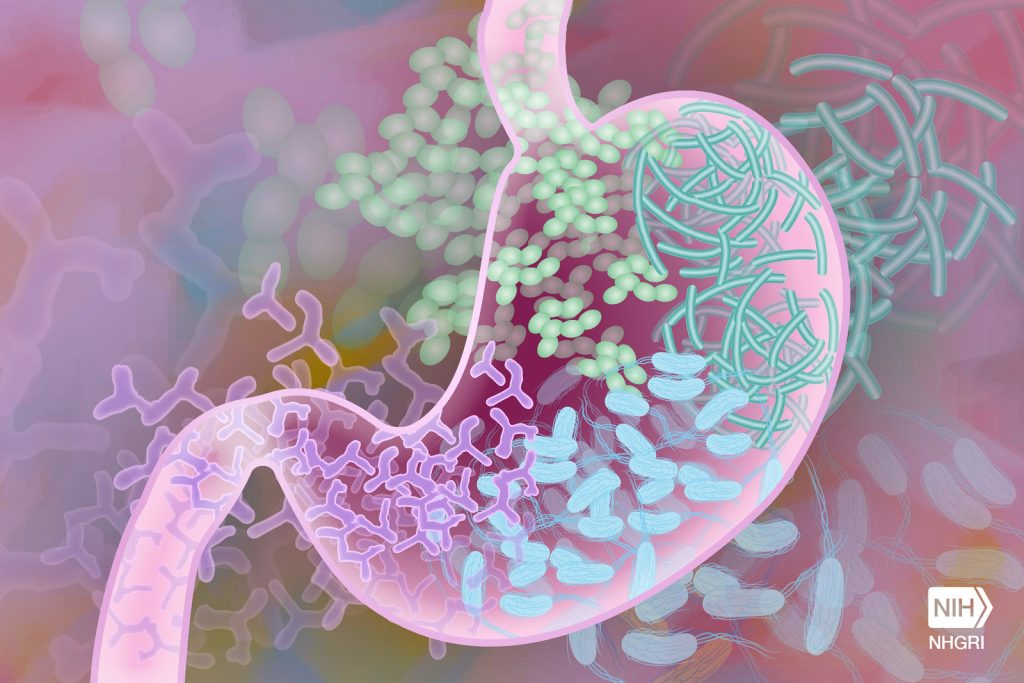
A Japanese study published in Frontiers in Immunology shows that a traditional herbal mix called daikenchuto reduced the severity of colitis in lab mice by preventing the loss of important gut bacteria and by raisin levels of anti-inflammatory immune cells in the colon.
Colitis is a chronic inflammation of the colon, characterised by an imbalance in gut bacteria and an abnormal immune response. Its prevalence has doubled over the last 20 years and although there are many treatments, they are only partially effective. This has led some researchers to take a closer look at traditional Asian herbal medicines.
Daikenchuto (DKT) is a formula containing specific amounts of ginger, pepper, ginseng, and maltose, and is one of 148 herbal medicines called Kampo, which have been developed in Japan and are often prescribed by doctors to treat a variety of illnesses. Numerous studies conducted in Japan and the United States have provided clinical evidence of DKT’s effect on colonic transit and postoperative ileus.
DKT was shown by previous research to have possible use in colitis treatment, but molecular level evidence has been lacking. Researchers at the RIKEN Center for Integrative Medical Sciences (IMS) in Japan conducted a detailed examination of its effects on a mouse model of colitis.
Colitis was induced in mice using dextran sodium sulfate, which is toxic to the cells that line the colon. When these mice were given DKT, their body weights remained normal, and they had lower clinical scores for colitis. Additional analysis revealed much less damage to the cells lining the colon. Having thus shown that DKT does indeed help protect against colitis, the researchers proceeded to analyze the gut microbiome of the mice and expression levels of anti-inflammatory immune cells.
Colitis is associated with an imbalance in gut microbiota, and analysis showed that a family of lactic acid bacteria were depleted in the colitic mice of this study. Also depleted was one of their metabolites, a short-chain fatty acid called propionate. Treating the model mice with DKT restored much of these missing bacteria – particularly Lactobacillus – and levels of propionate were normal.
Colitis is also associated with an abnormal immune response that causes the characteristic intestinal inflammation. When the team looked at innate intestinal immune cells, they found that levels ILC3 cells were lower in the untreated colitic mice than in the DKT-treated colonic mice, and that mice engineered to lack ILC3 suffered more and could not benefit from DKT treatment. This means that ILC3s are critical for protecting against colitis and that DKT works by interacting with them. Lastly, qPCR analysis indicated that these important immune cells had receptors for propionate, called GPR43, on their surface.
“Daikenchuto is commonly prescribed to prevent and treat gastrointestinal diseases, as well as for reducing intestinal obstruction after colorectal cancer surgery,” said Naoko Satoh-Takayama. “Here we have shown that it can also alleviate intestinal diseases like colitis by rebalancing Lactobacillus levels in the gut microbiome. This likely helps reduce inflammatory immune responses by promoting the activity of type 3 innate lymphoid cells.”
Source: RIKEN

